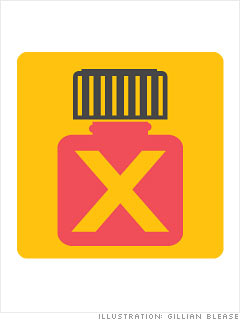Solve your health care challenges
Premiums soaring? Your insurer denied your claim? Retiree benefits got slashed? Try these strategies to cure what ails you when it comes to getting and paying for medical care.

The solution: Don't back down. Your chances of winning a reversal are actually pretty good if you follow the process and deadlines specified in your denial notice.
Make your appeal in writing, send it by certified mail, and request a return receipt. Directly address the reasons the insurer gave for the rejection and include as much documentation as possible.
You went out of network? Explain your area had no in-network doctors for your condition. The insurer claims the care wasn't necessary? Describe your illness, prior failed treatments, and the consequences of not getting care; tuck in your medical records and a doctor's note. The procedure is too experimental? Follow the same process, and include medical journal articles showing the treatment can be effective, says Jennifer Jaff, executive director of Advocacy for Patients with Chronic Illness. Find abstracts to help at pubmed.gov or a medical library.
Denied again? Seek help -- typically you're allowed two appeals. Some state insurance departments of attorney general offices offer a patient advocate, or you can hire your own (for a flat fee of, say, $400 or a percentage of your recovered claim). Get more information at patientadvocate.org or find an advocate at healthcareadvocates.com.
Still no luck? You often have one final shot with an independent third-party review board making the decision, either through your employer plan or your state insurance regulator. If that fails, don't forgo treatment. Instead, talk to your doctor and ask if he will work with you on a payment plan to make the treatment affordable.
NEXT: Your retiree health plan benefits were slashed

